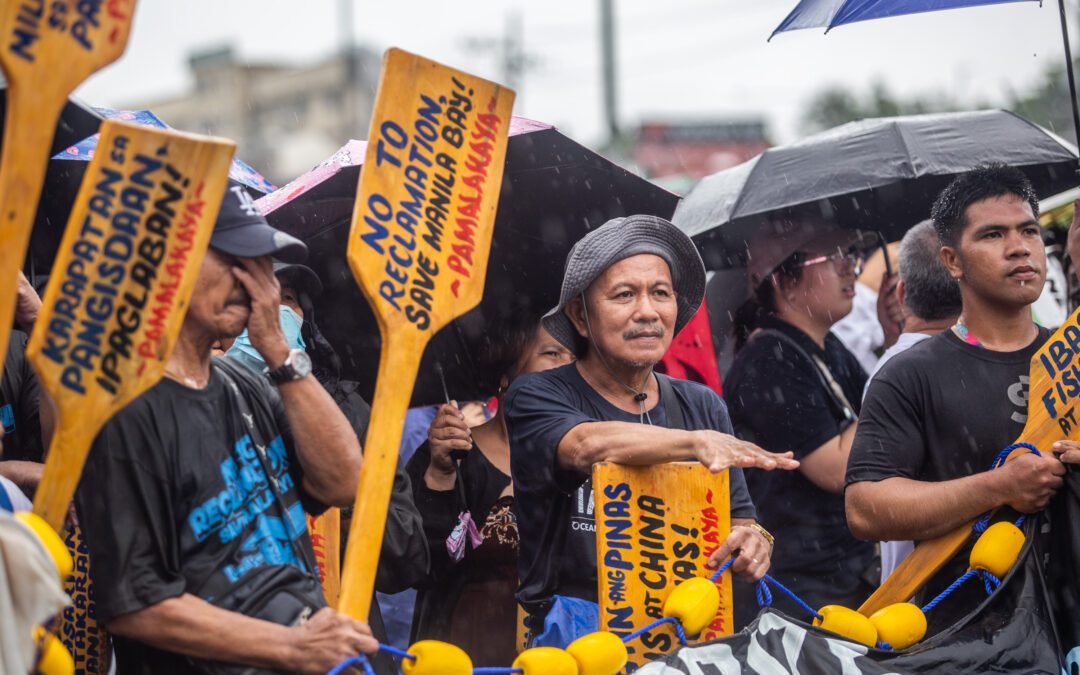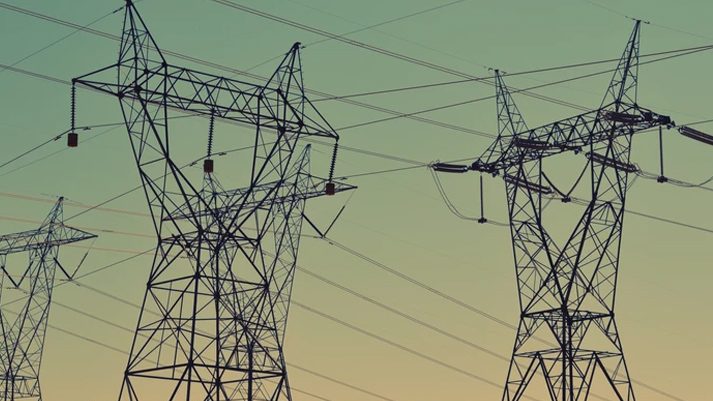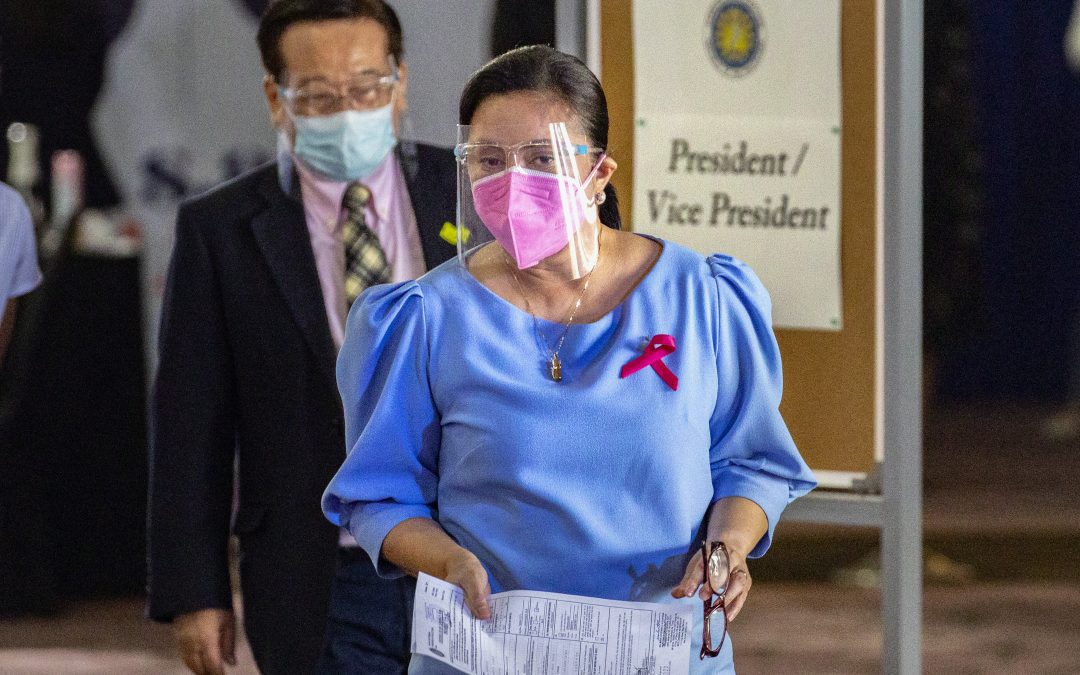A Philippine Senate bill seeking to institutionalize the practice of “Extended Producer Responsibility” (EPR) on plastic packaging waste “is not enough,” according to pro-environment groups.
In a statement issued on November 26, the groups said EPR must be reinforced with regulations banning single-use plastics, adding the policy should focus on the reduction and minimization of wastes generated at source.
“As producers redesign and redevelop their systems toward a circular economy, it should be for waste reduction to elimination,” the groups said.
In September, lawmakers filed the proposed measure aimed to address plastic waste pollution, amending the Ecological Solid Waste Management Act of 2000.
The groups, however, said that without a comprehensive policy and plan to ban single-use plastics, “this will continue to threaten not only our environment but also our health.”
The groups urged the Senate to include provisions in the proposed measure that will expand the responsibility and accountability of the plastic producers.
“The primary responsibility of producers should be to increase reusability of packaging, and redesigning of packaging and delivery systems with the main objective on waste reduction and elimination,” the statement read.
EPR is an environmental policy approach under which the responsibility of producers for their products is extended to include the social costs of waste management, including the environmental impact of waste disposal.
Coleen Salamat of EcoWaste Coalition said the Senate version of the bill “should be further strengthened following a polluters’ pay principle.”
“Even countries with institutionalized EPR schemes are still struggling with the volume of wastes. Without concrete plans and policies on banning single-use plastic, EPR will not be enough,” she said.
Salamat urged the government to avoid “quick-fix” and “band-aid solutions” to the waste management crisis, adding that the country must make lasting and genuine solutions in the middle of the worsening climate crisis.
Lawyer Lievj Alimangohan, senior policy officer of EcoWaste Coalition, said EPR is “a step towards holding the ultimate sources of waste and pollution accountable.”
“For it to truly work, however, the law should be comprehensive, must clearly define responsibilities and must have a mechanism for public accountability,” said Alimangohan.
A narrowly drawn bill with broad and vague responsibilities and limited checks on compliance will simply allow companies to greenwash their activities without carrying out any genuine or meaningful changes,” the lawyer added.






0 Comments